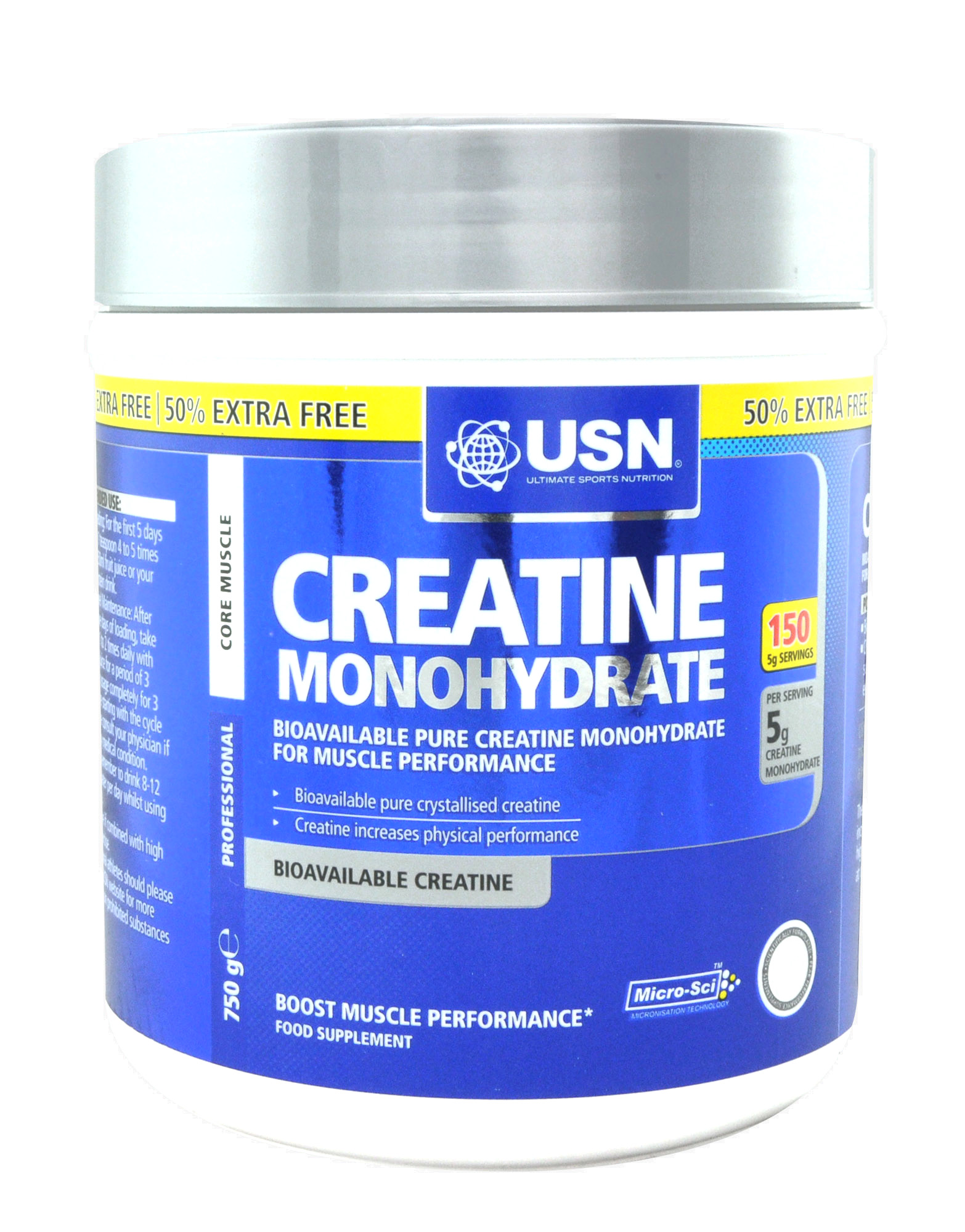The Power of Creatine: Unleashing Your Performance Potential
Creatine is often heralded as a game-changer in the realm of sports performance and physical fitness. This powerful supplement has captured the attention of athletes and fitness enthusiasts alike, promising noticeable enhancements in strength, power, and overall exercise capacity. With its ability to fuel high-intensity activities, creatine has become a staple in the arsenal of those seeking to maximize their potential in the gym or on the field. But what exactly is creatine, and how does it work its magic within the body?
At its core, creatine is a naturally occurring compound that plays a vital role in energy production, particularly during short bursts of intense activity. Found in small amounts in various foods, such as red meat and fish, creatine is also synthesized by the body in the liver and kidneys. Once ingested or produced, creatine is stored in the muscles as phosphocreatine, ready to be called upon when rapid energy replenishment is needed. It is this ability to rapidly regenerate adenosine triphosphate (ATP), the cellular fuel source, that gives creatine its performance-boosting effects.
Benefits of Creatine
Creatine supplementation provides a significant boost to high-intensity physical performance, making it a valuable aid for athletes and fitness enthusiasts. By increasing the body's stores of phosphocreatine, creatine enhances the rapid production of ATP, the primary energy source for muscle contractions. This translates to improved strength, power, and endurance during intense workouts.
Moreover, creatine has been shown to promote muscle growth and enhance muscle recovery. By increasing protein synthesis and cell hydration, creatine helps in building lean muscle mass and reducing muscle breakdown. This is particularly beneficial for individuals looking to increase muscle size and strength.
Additionally, creatine supplementation has cognitive benefits beyond physical performance. Studies have demonstrated that creatine can support brain function and improve cognitive performance in tasks requiring short-term memory and reasoning abilities. This dual-action of enhancing both physical and mental capabilities makes creatine a versatile supplement for overall performance enhancement.

Recommended Dosage
For optimal results, it is recommended to start with a loading phase of creatine supplementation. During this phase, take around 20 grams of creatine per day, divided into four doses, over 5-7 days. This loading phase helps saturate the muscles with creatine more quickly.
After the loading phase, it is advisable to transition into a maintenance phase where you consume around 3-5 grams of creatine per day. This lower dose should be sufficient to maintain heightened creatine levels in the muscles and continue to support performance benefits.
It is important to remember to drink plenty of water while taking creatine to help with absorption and to prevent any potential dehydration. Additionally, consulting with a healthcare professional or a sports nutritionist can help determine the most suitable dosage for individual needs.
Potential Side Effects
One potential side effect of creatine supplementation is water retention. This may lead to temporary weight gain and bloating, which could be concerning for individuals looking to maintain a certain physique. However, this side effect is generally mild and should subside once creatine usage is discontinued.
Another reported side effect is gastrointestinal discomfort. Some individuals may experience stomach cramps, diarrhea, or nausea when taking creatine supplements. It is recommended to start with a lower dose and gradually increase to assess tolerance levels and minimize the likelihood of these digestive issues.
In rare cases, there have been reports of kidney issues associated with high doses of creatine supplementation. If you have any pre-existing kidney conditions or concerns, it is advisable to consult with a healthcare professional before incorporating creatine into your regimen. Always prioritize your health and well-being when considering new supplements.